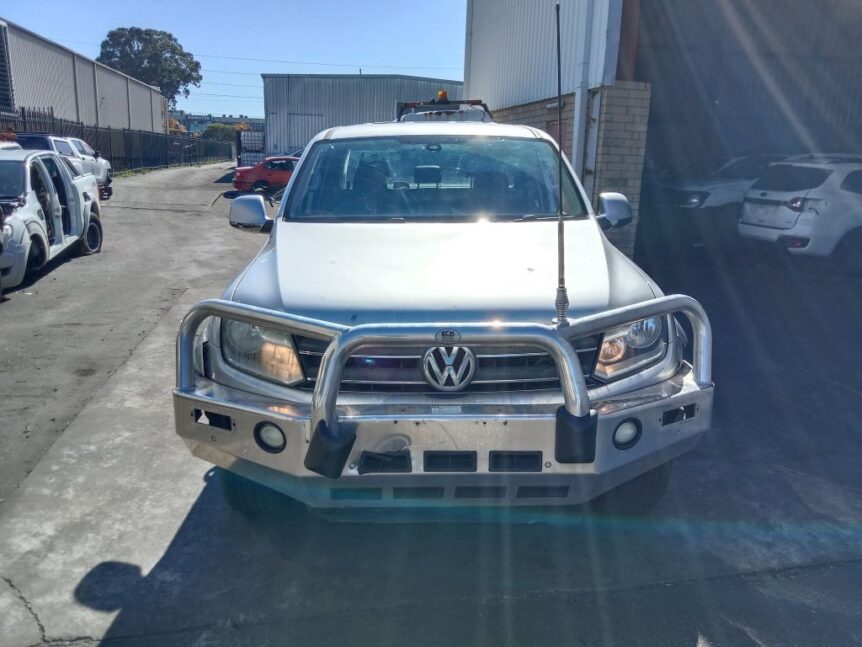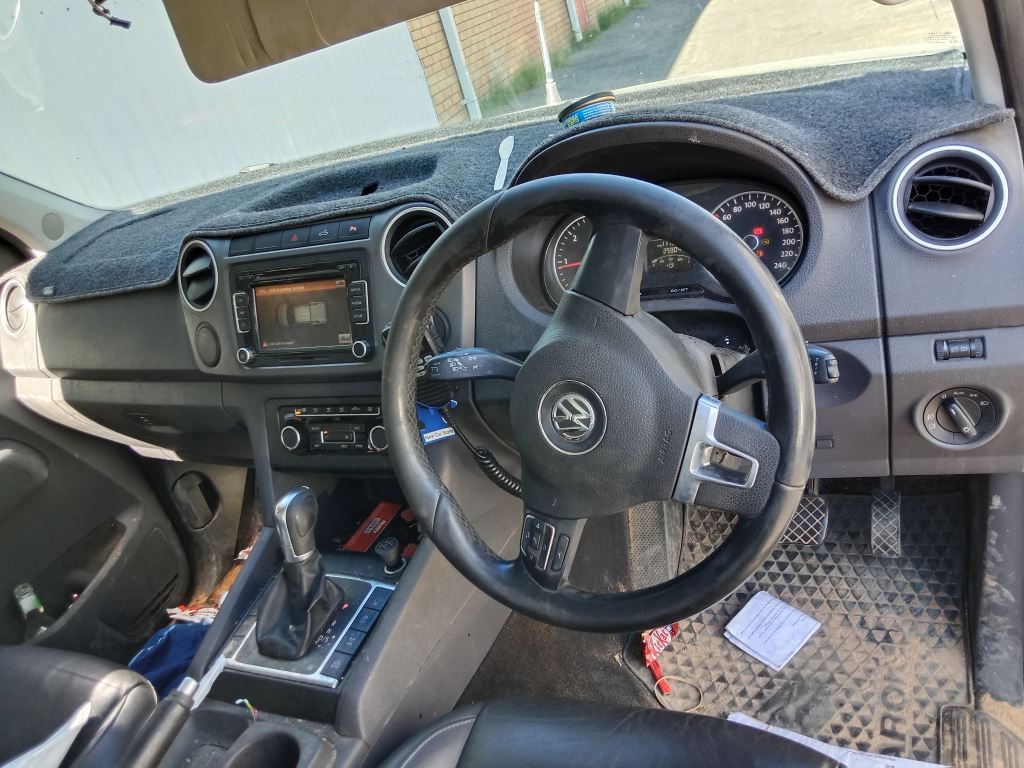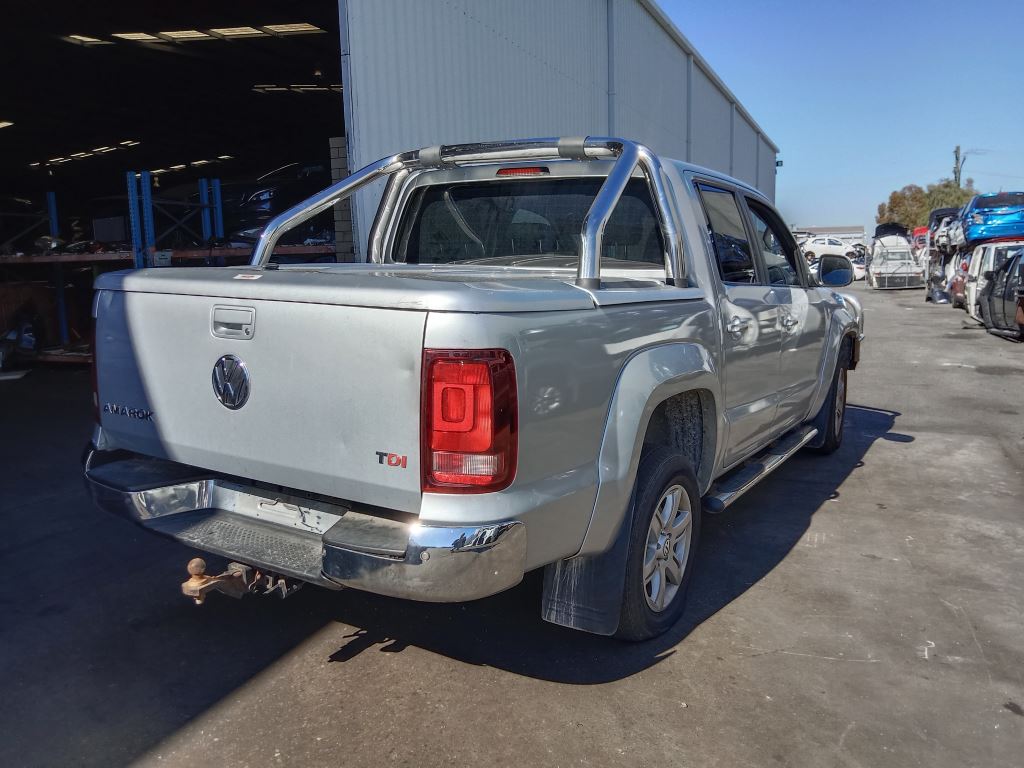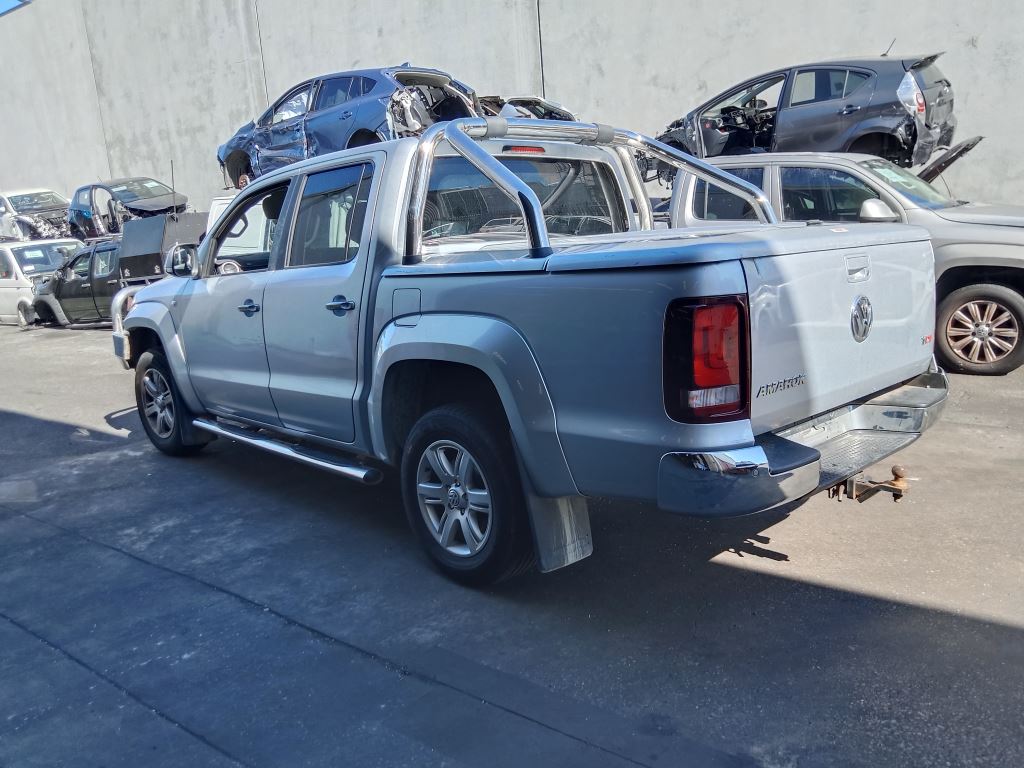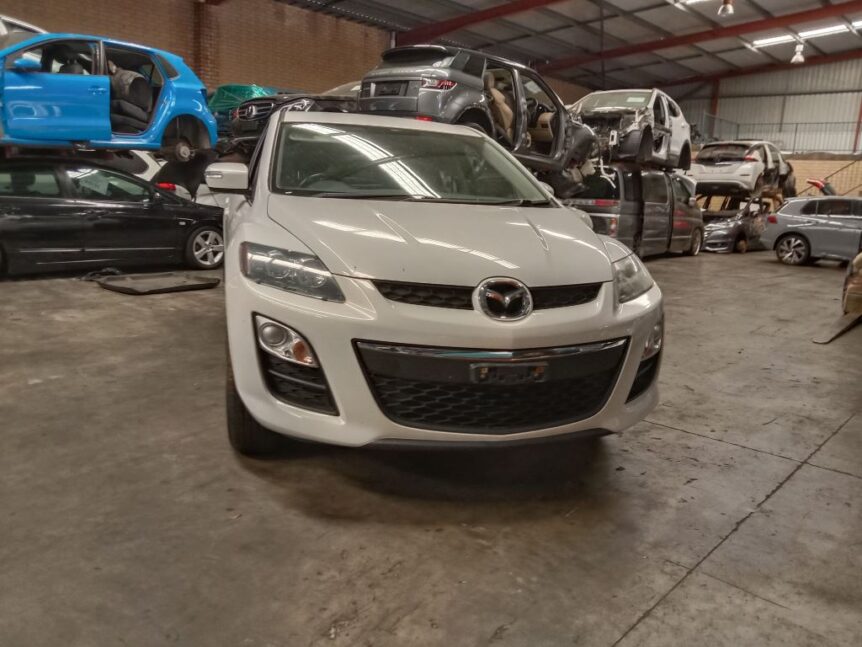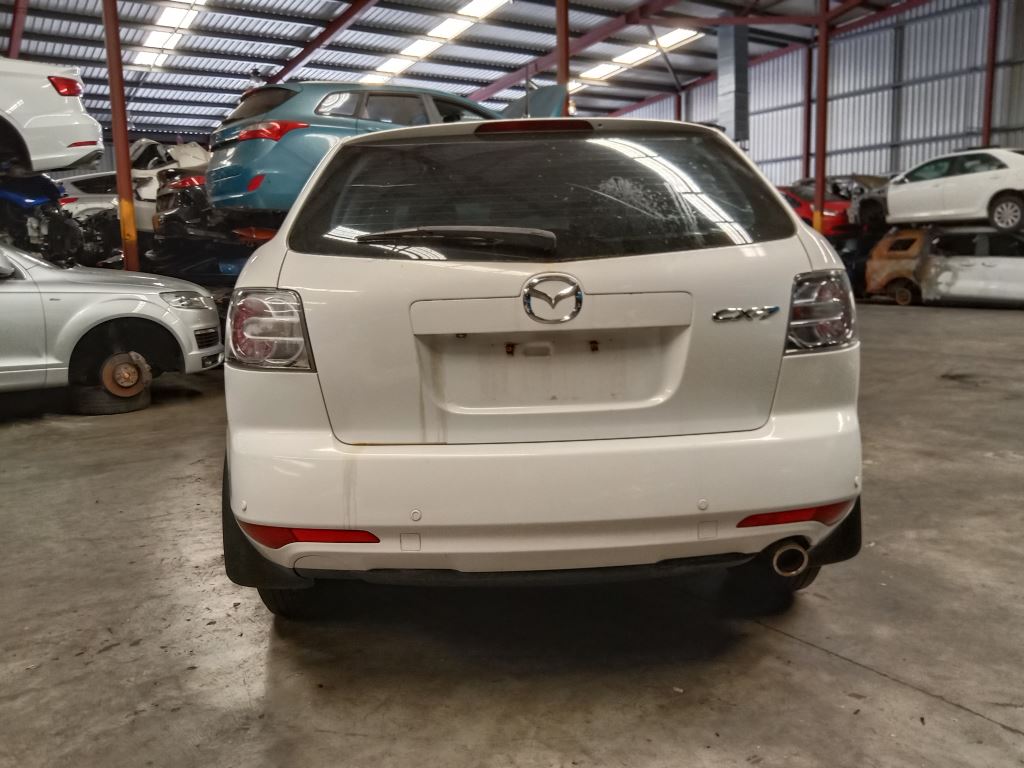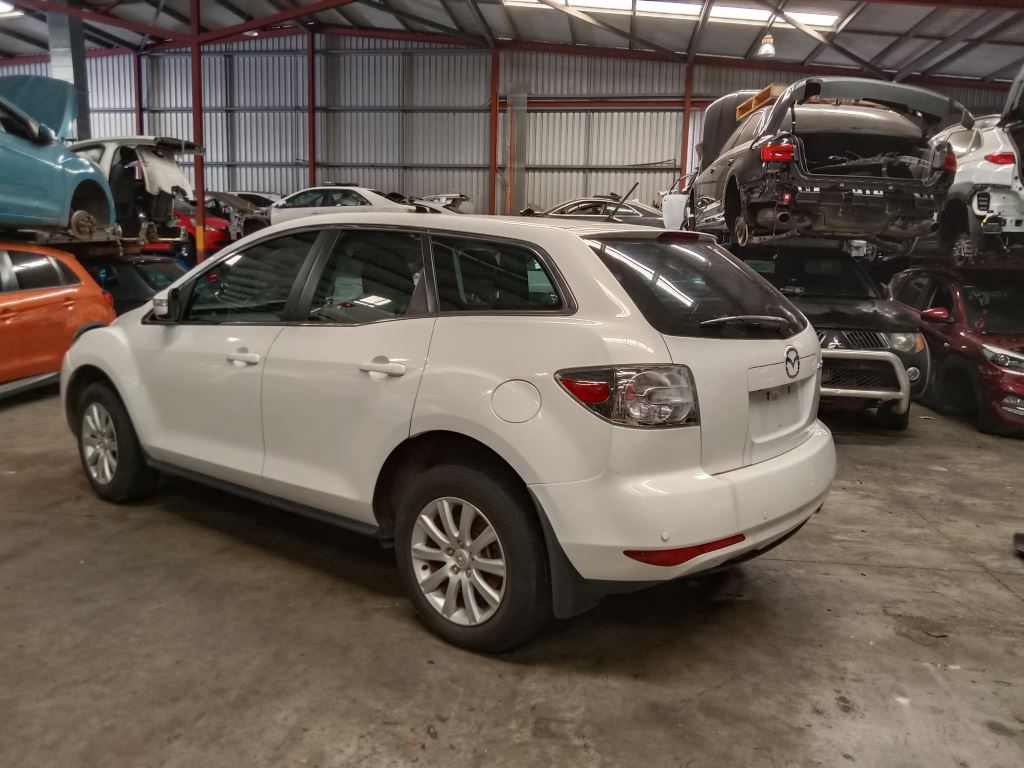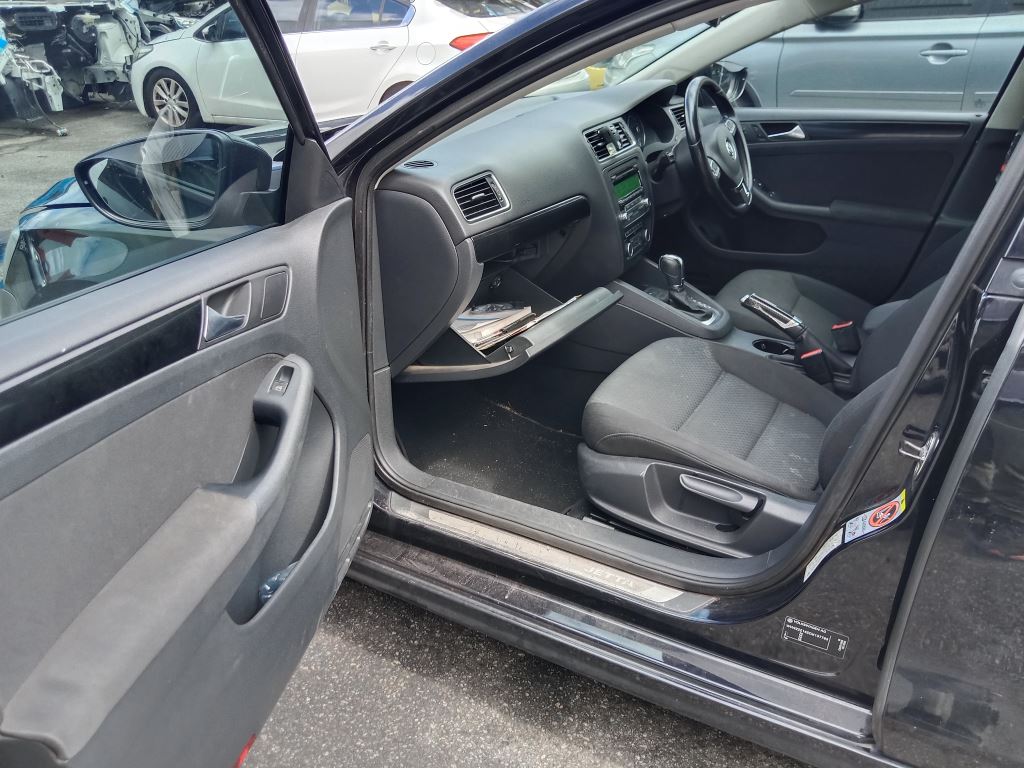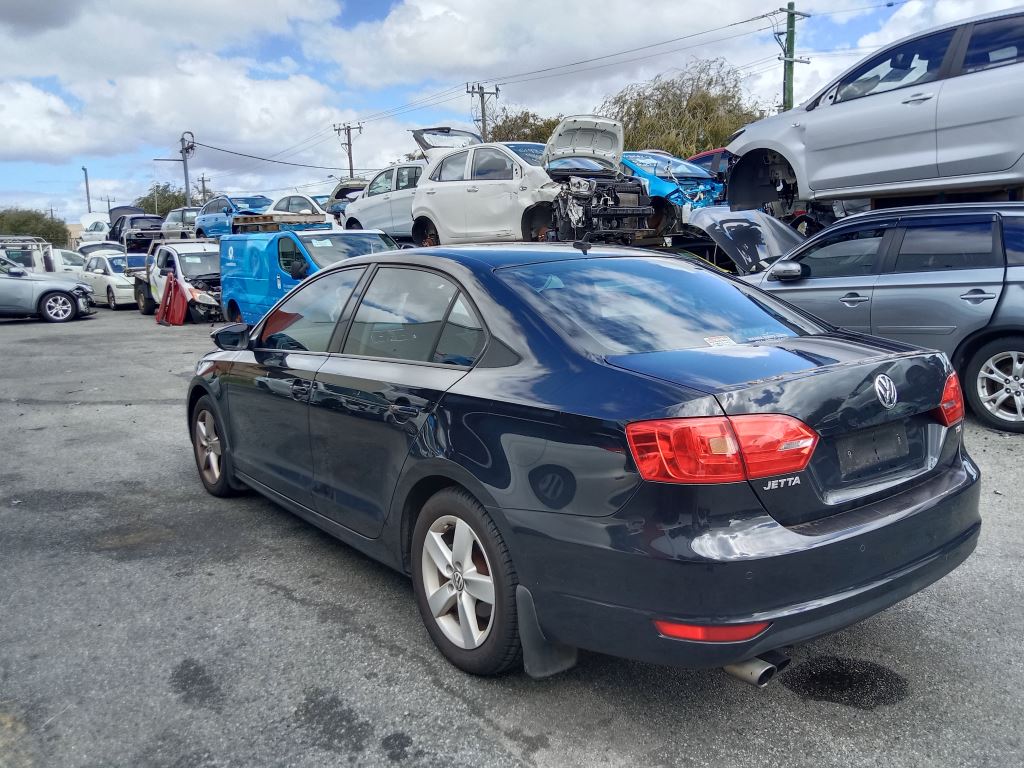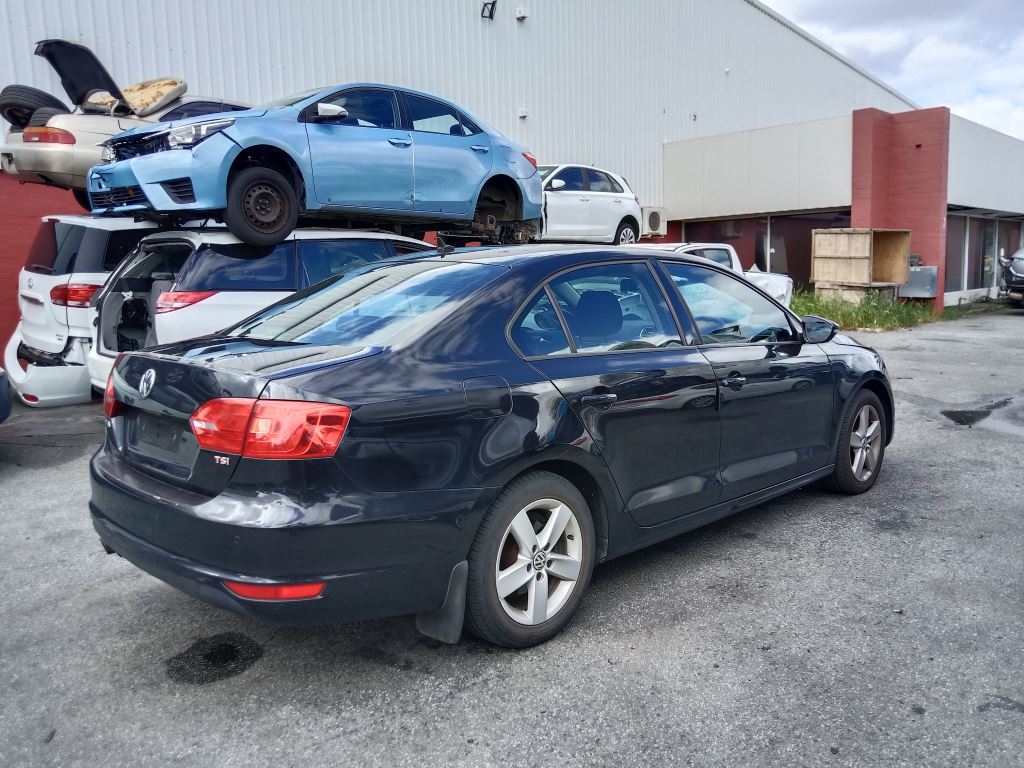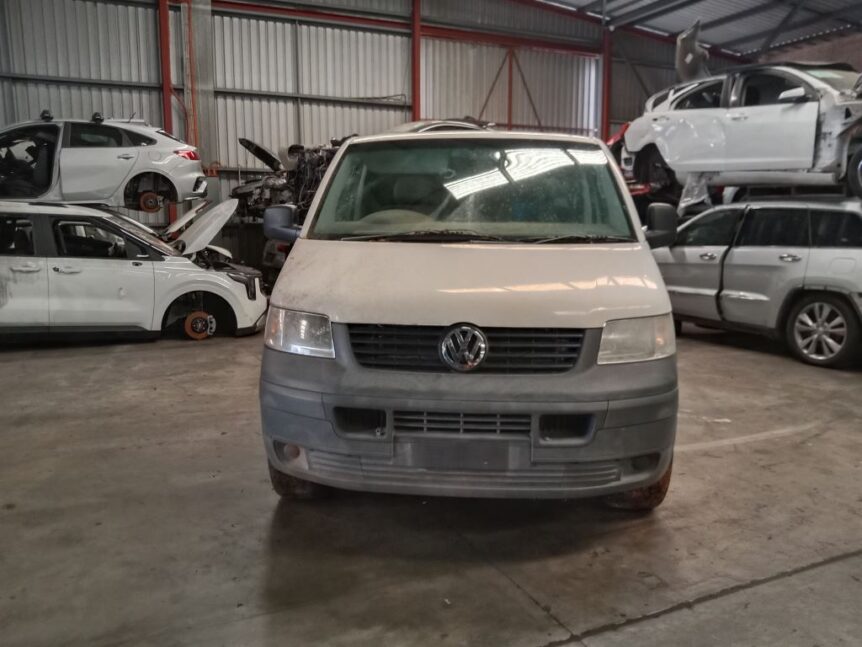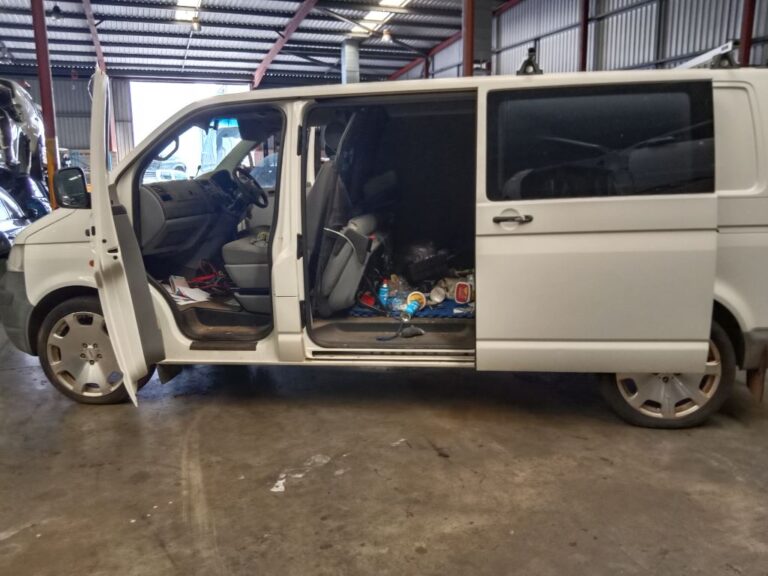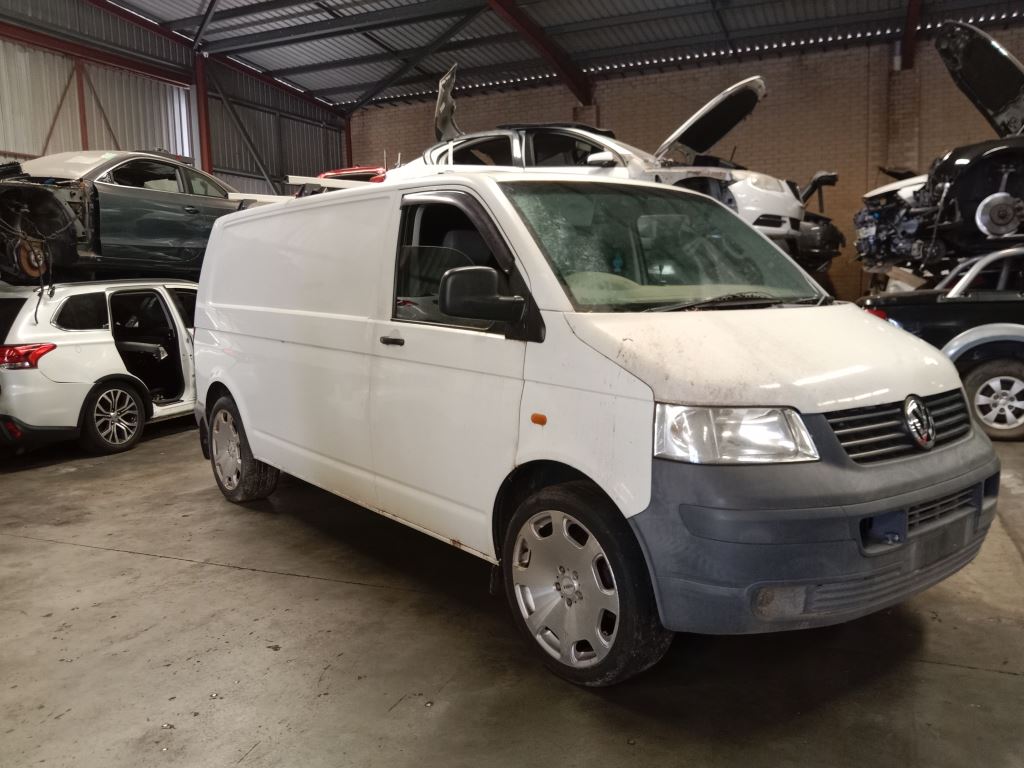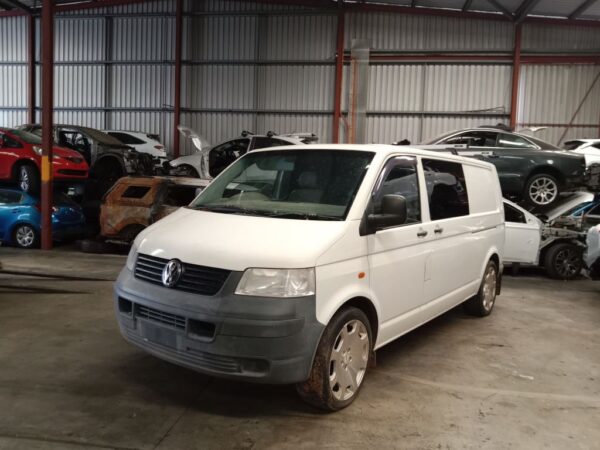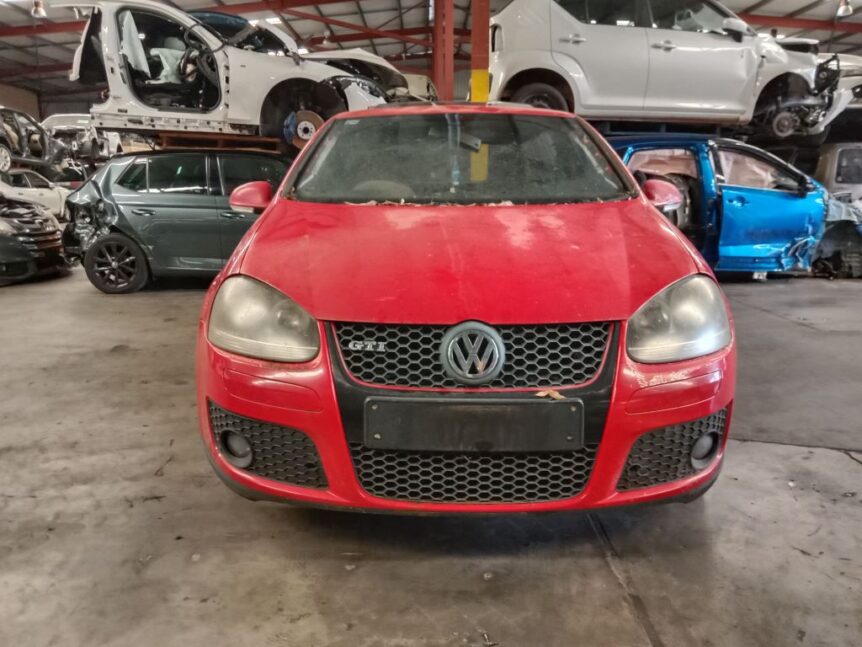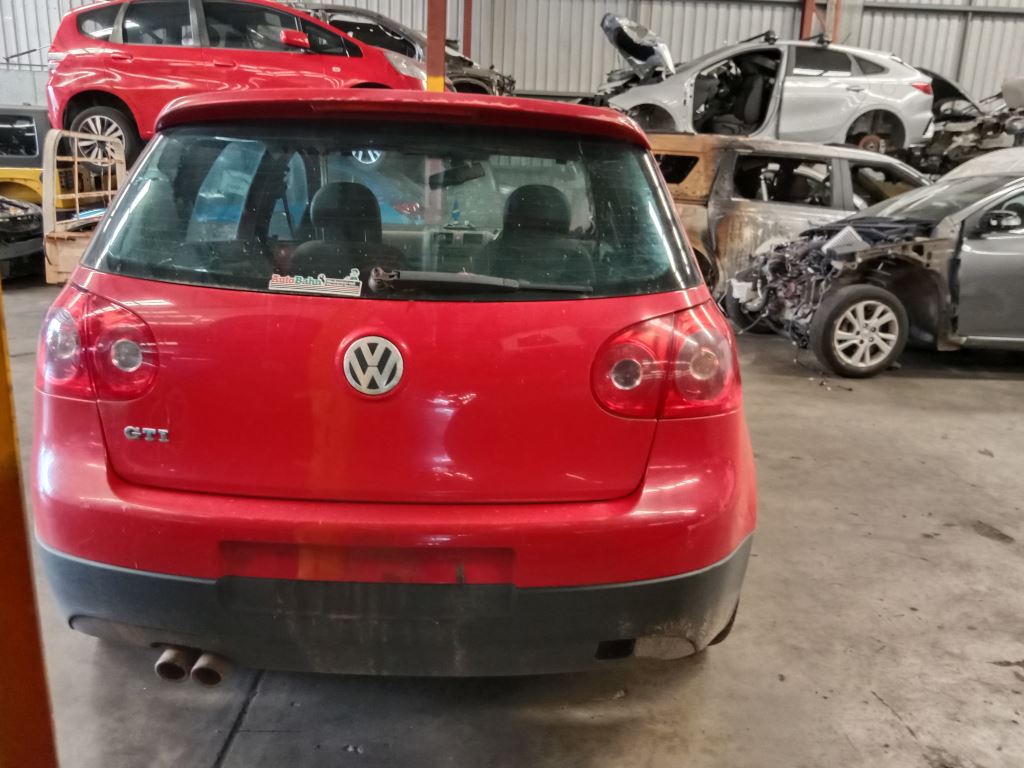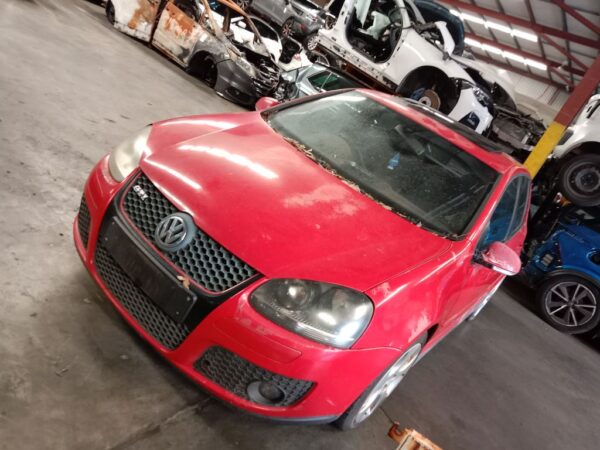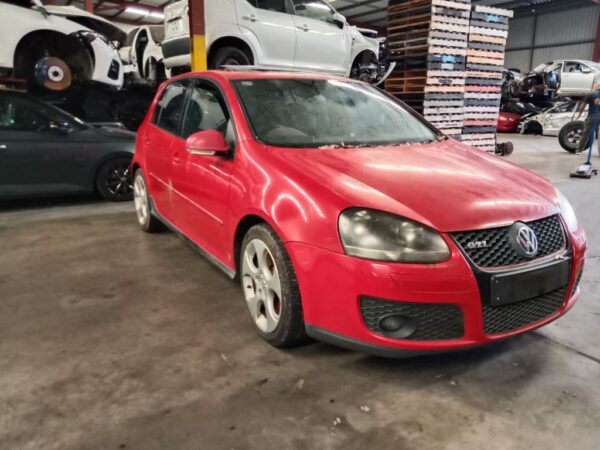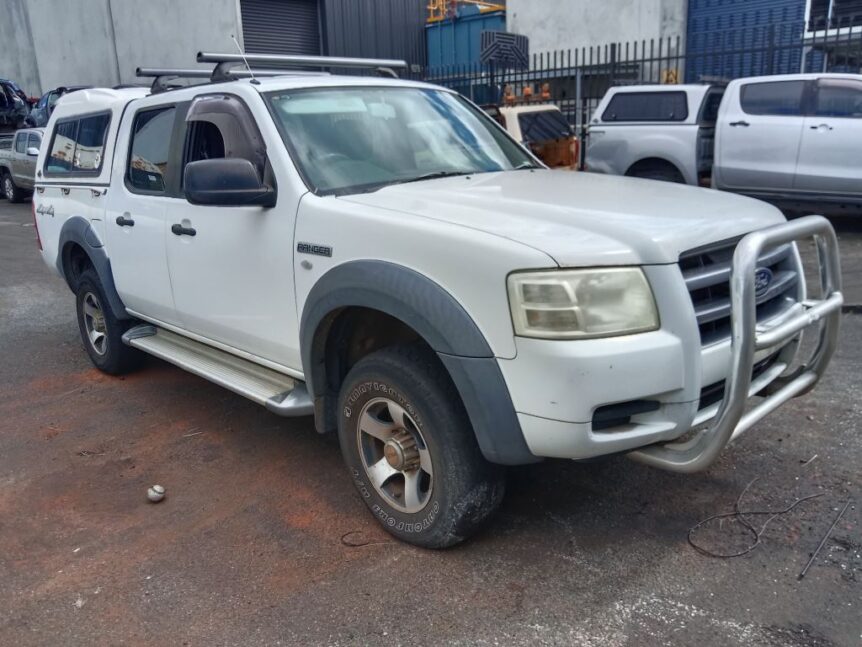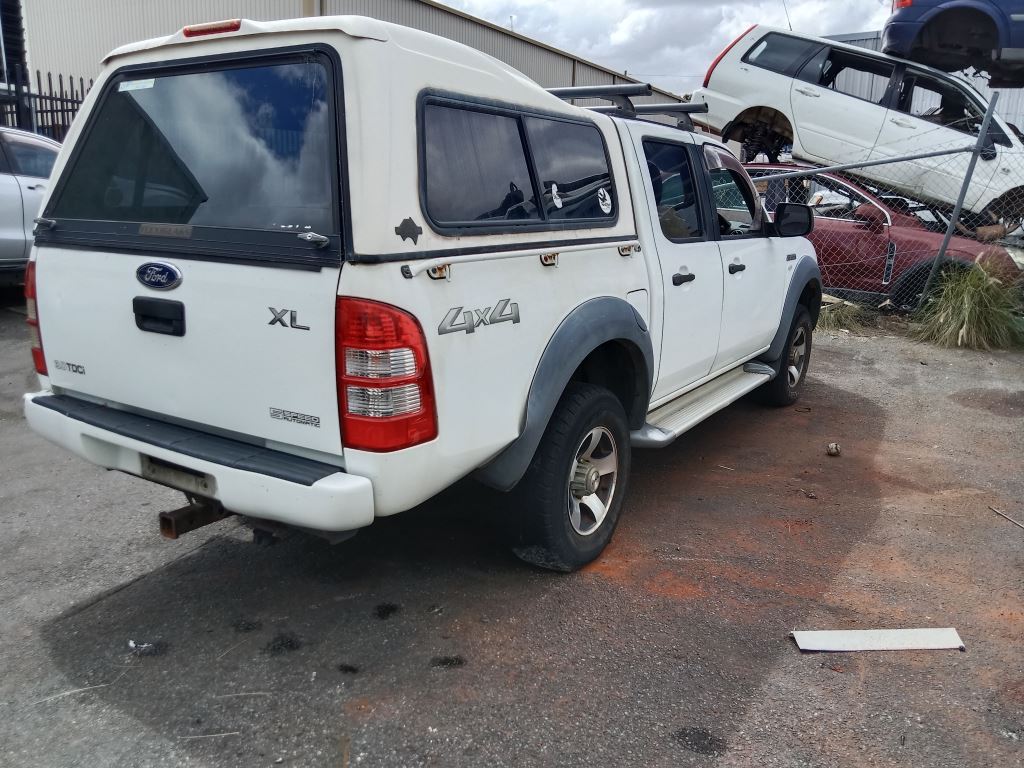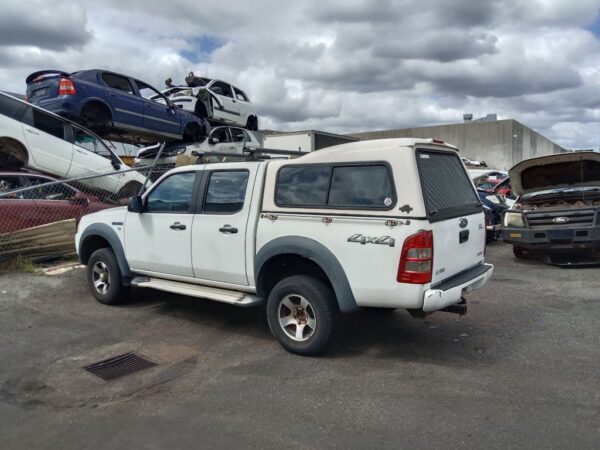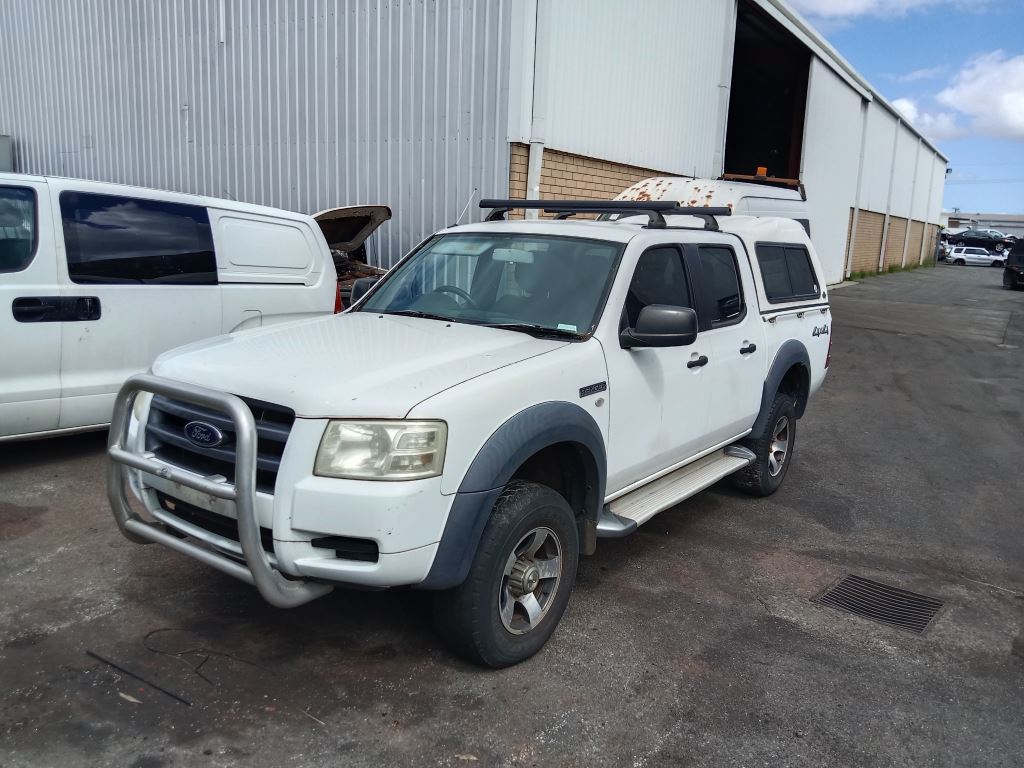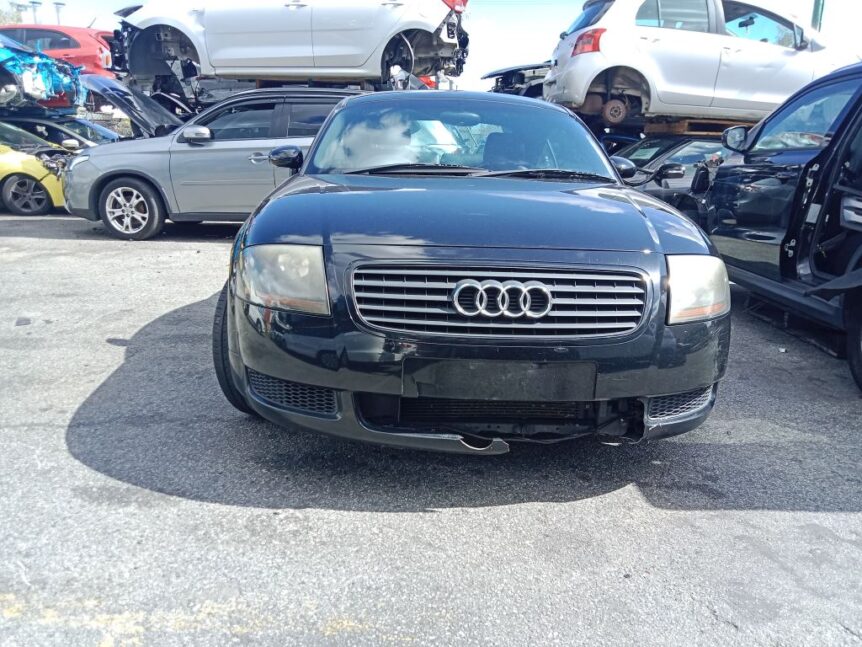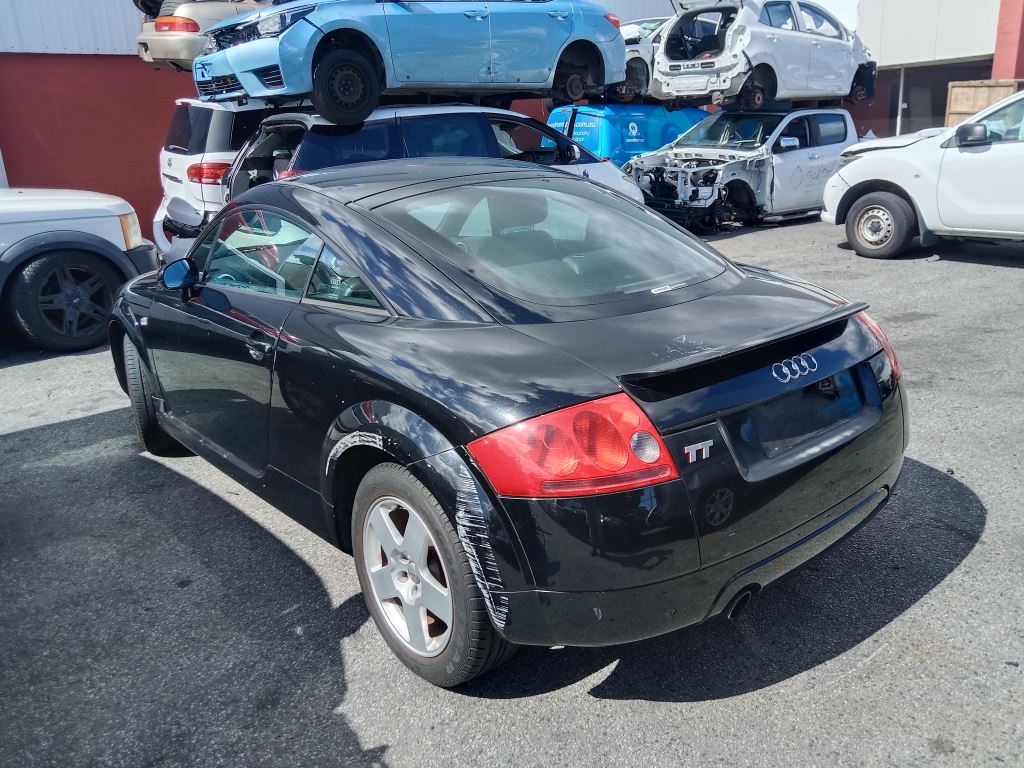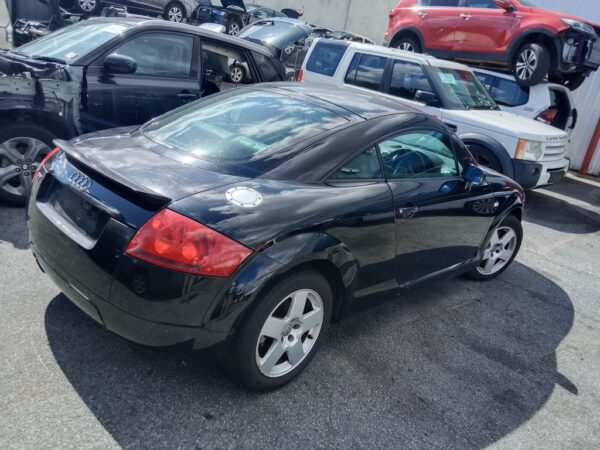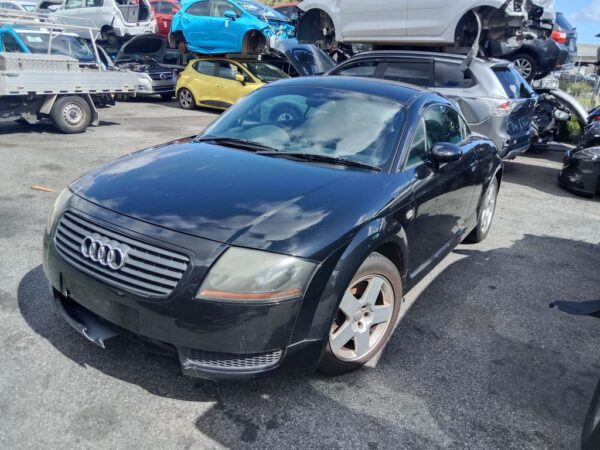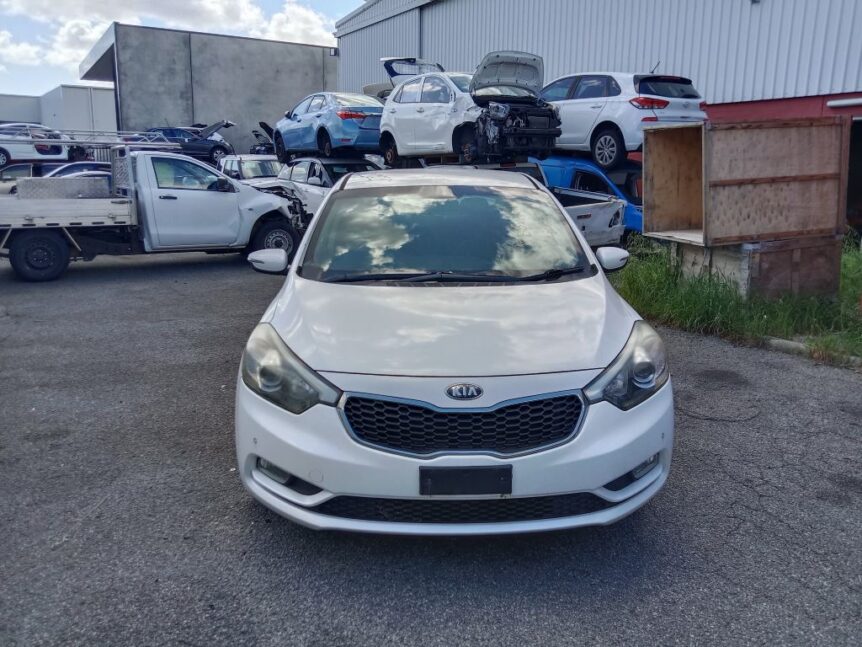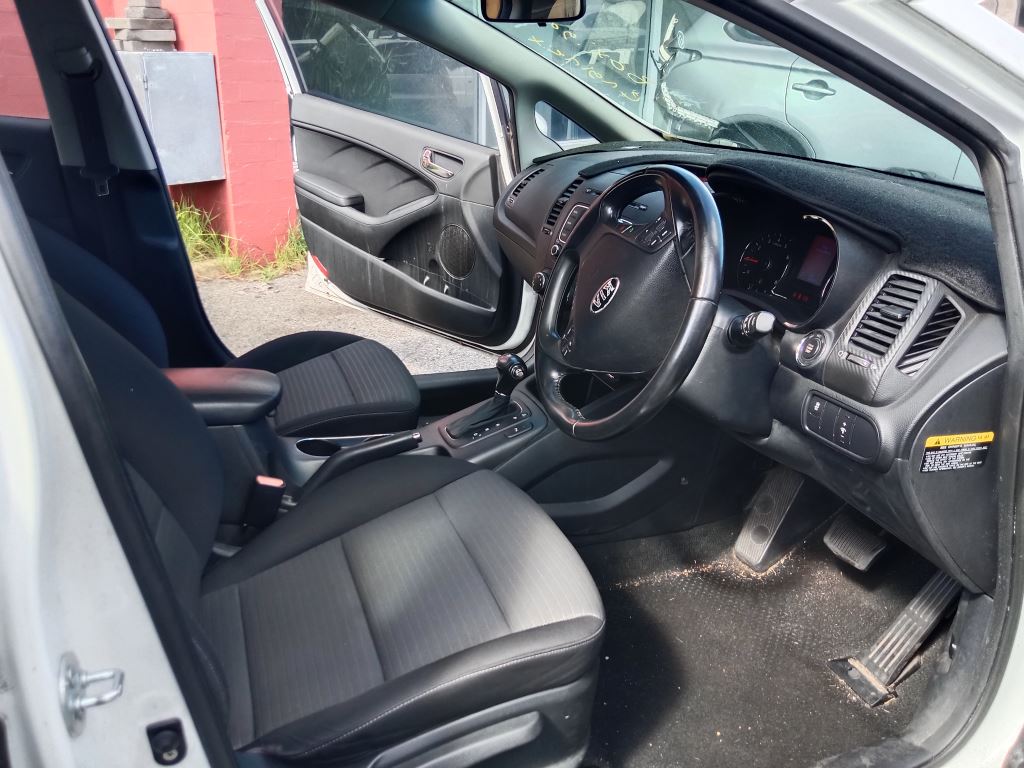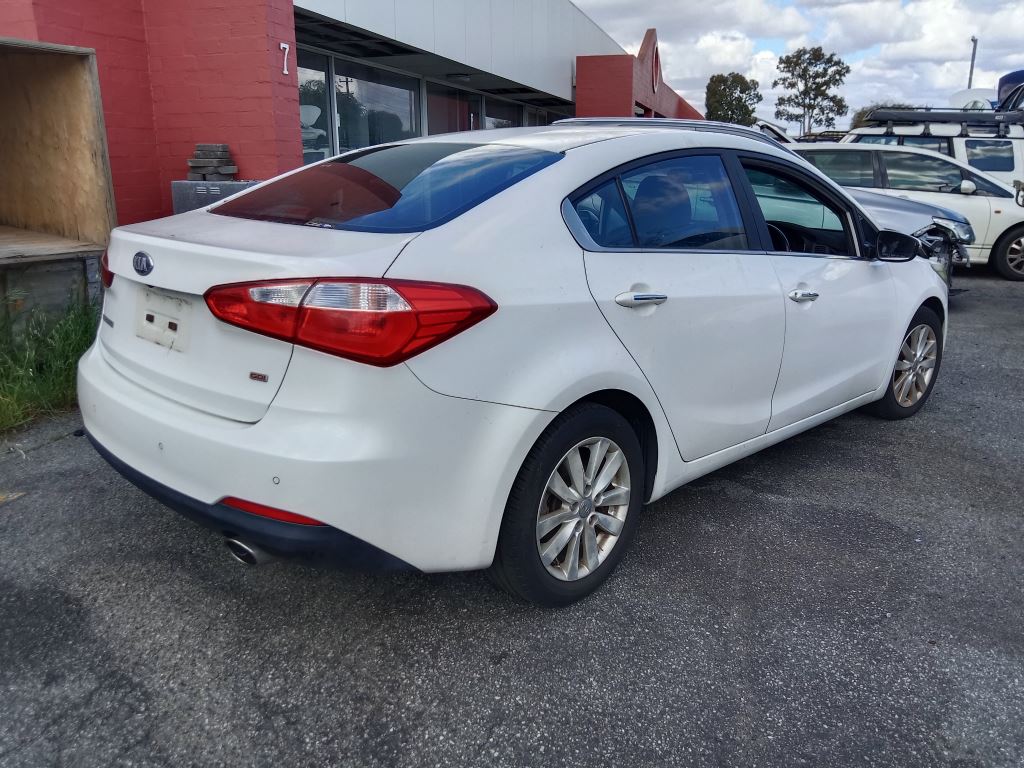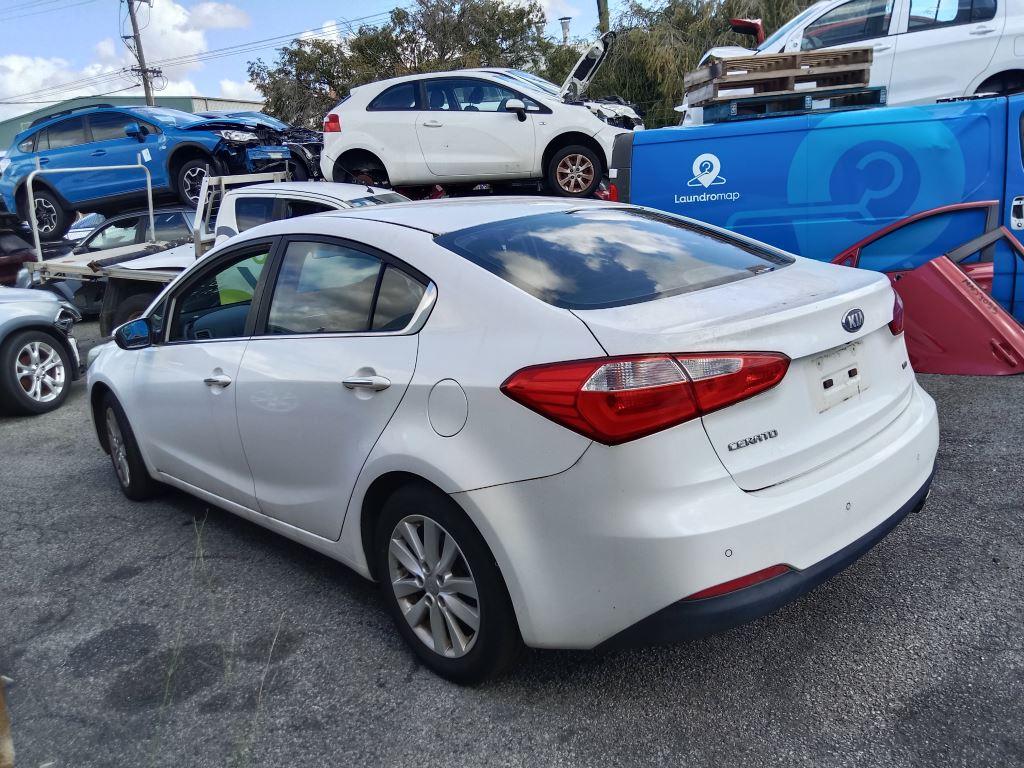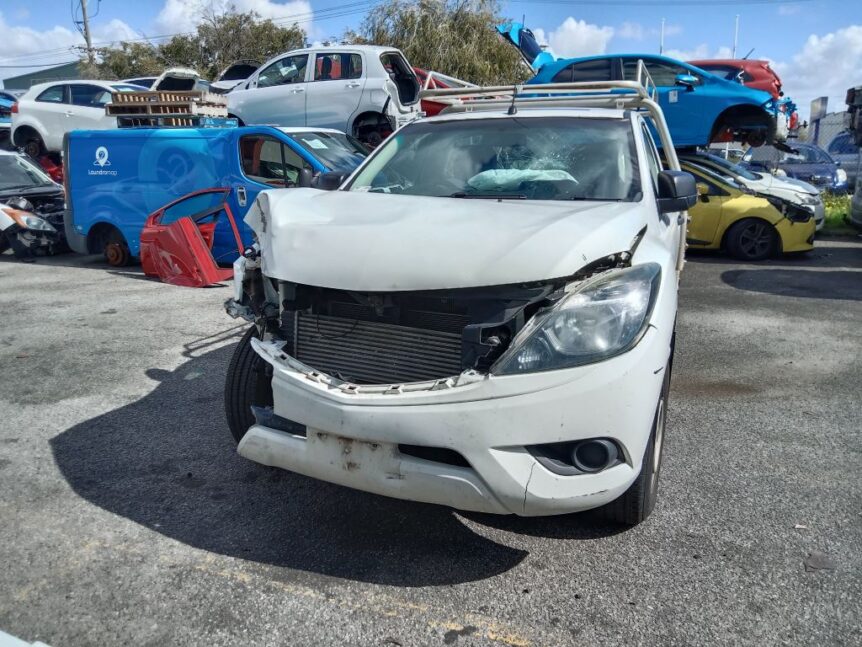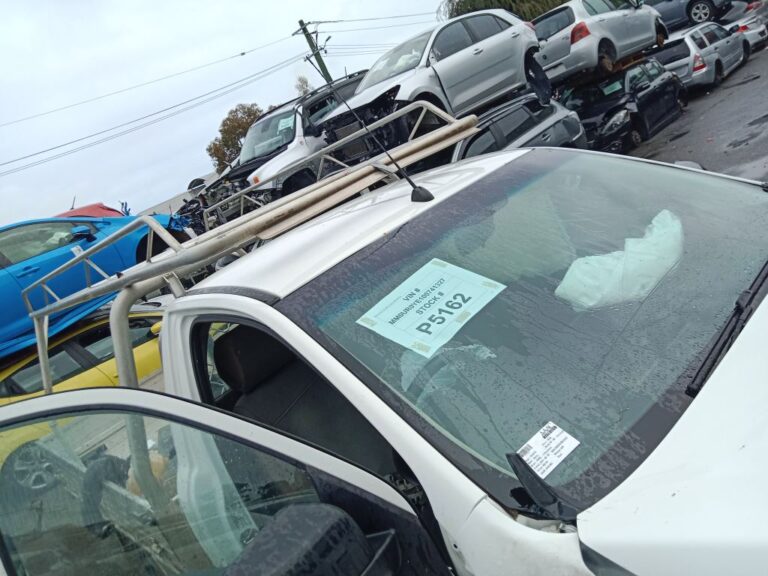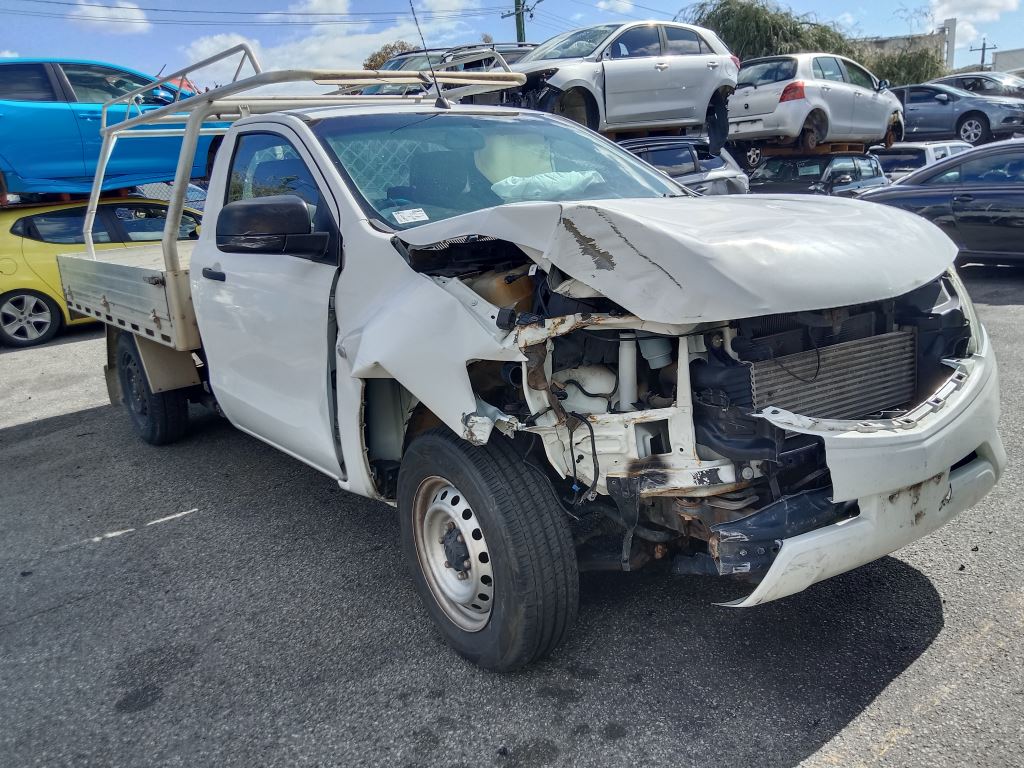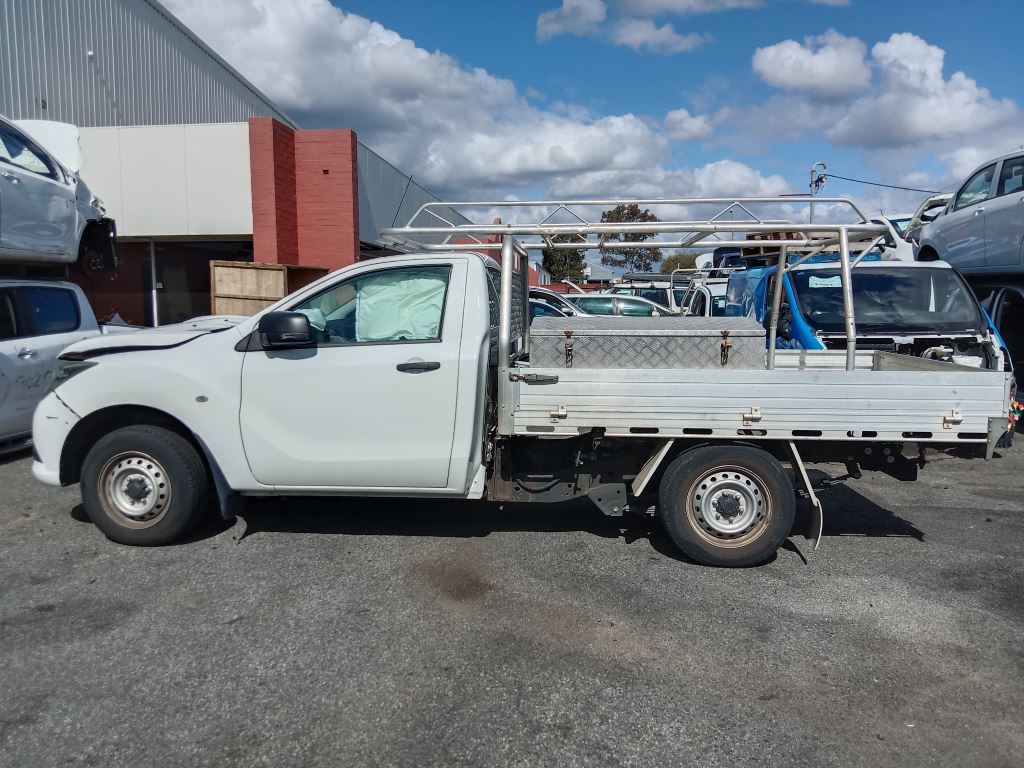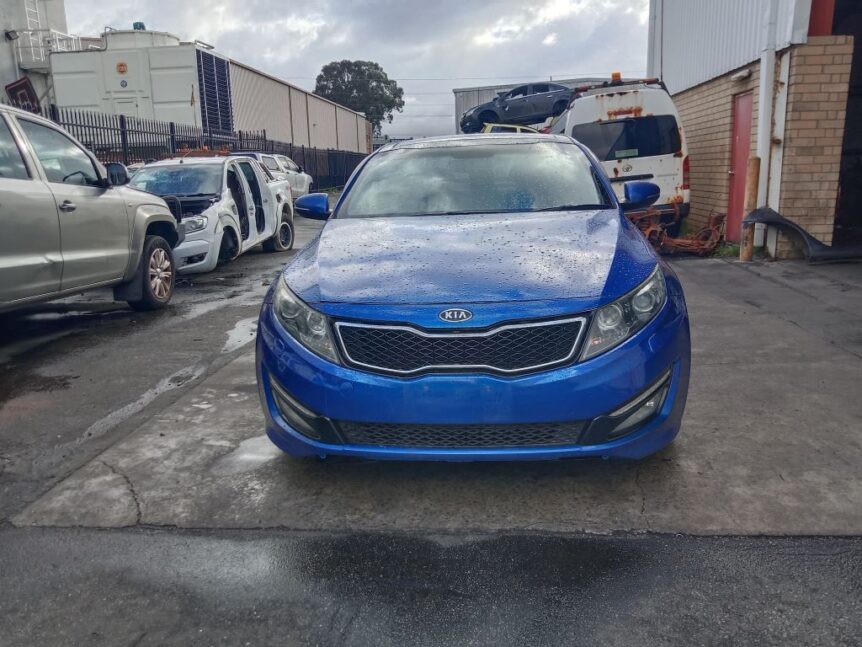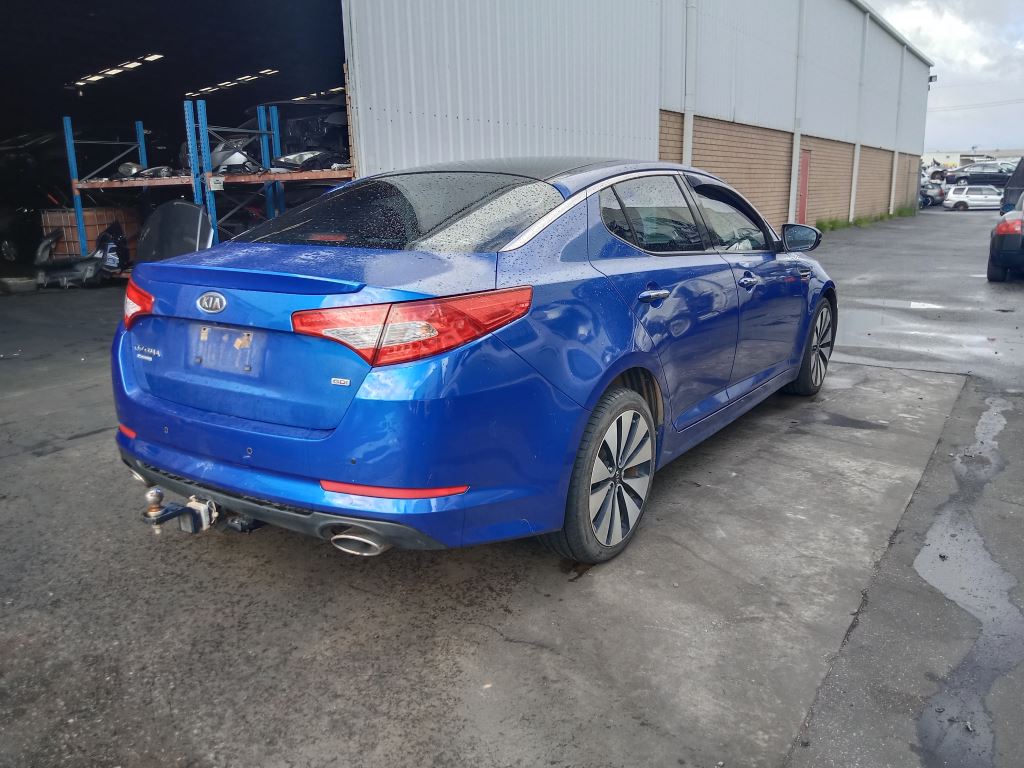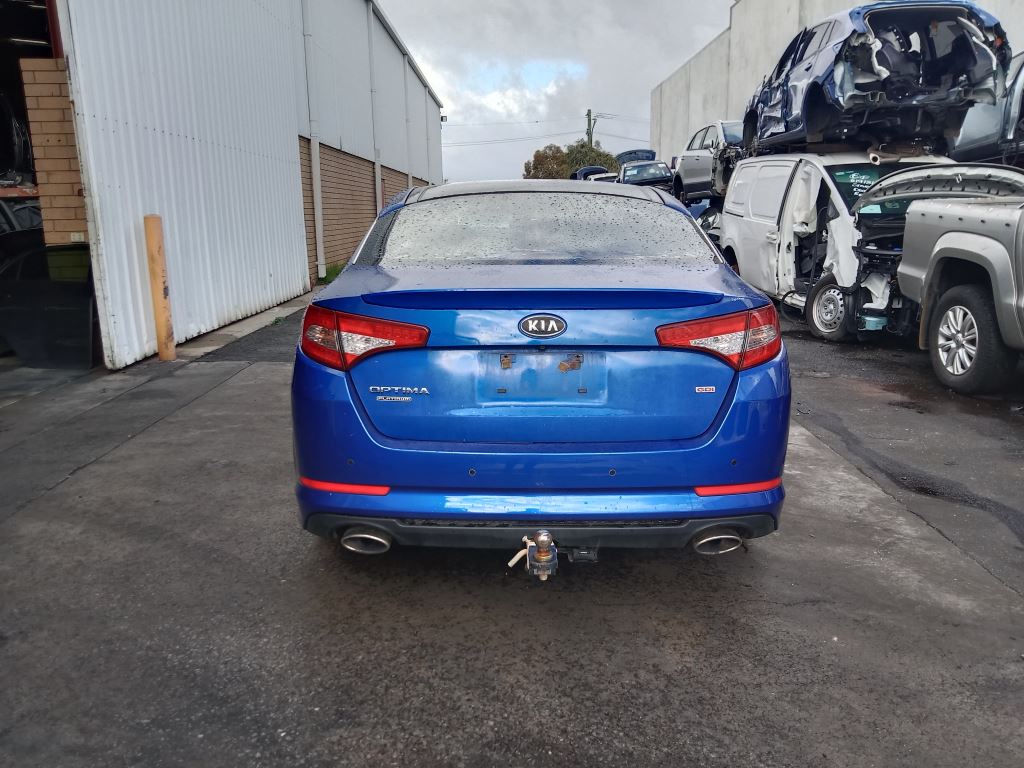Welcome to WA Auto Parts, your leading source of used car parts, other vehicle extras & items as well as their wrecking and removal in Perth! We are the experts in providing second hand parts at competitive prices, we also offer free vehicle removal throughout Perth. Whether you no longer have use for your 2013 silver Volkswagen Amarok or the repair is simply too costly, our quotes only reflect what your vehicle is worth.
We get value out of cars, including those in less than perfect condition. If your Amarok looks like it’s driven its last mile, we can help you sell car fast so that though were no stock left on the road! We Buy used, Avoiding Stress So if yours has been in minor or major accident and now is just a piece of junk then there is absolutely no need to keep waiting for the insurance company let us know and we will buy Used Cars for Cash-WE Can even remove your vehicle free from charge.
Why Choose WA Auto Parts for Your Amarok Wrecking Needs?
WA Auto Parts are the #1 Wreckers in Perth As one of the best wreckers yards, our company WA Auto Parts has been a reliable and efficient provider to sell cars for customers with old or damaged vehicles. We are experts in disposing of all car brands including the 2013Volkswagen Amarok and we ensure that your vehicle is recycled responsibly. Our method is simple, quick and environmentally friendly.
This is how WA Auto Parts can assist you:
- Free car removal: We provide complimentary pick up service throughout Perth, so you pay nothing for towing.
- Fair prices: We evaluate your car and offer you a good value based on its condition, and the quality of parts that we can re-use.
- Ecologically sound recycling of your vehicle: After we’ve reclaimed all of the car that can be reused, we also make sure that it is disposed of in a green way.
- Professional service– Our dedicated team has had years in the business so you can be sure your wrecking is handled quickly and correctly.
What Parts Can Be Salvaged from Your 2013 Volkswagen Amarok?
f you are thinking of wrecking your Amarok, You could be surprised by the number of good parts that would have some value either to yourself or someone else. These are the parts we would suggest to reuse from your 2013 Amarok:
Engine Parts
Your car’s engine is one of those things with a lot of value. Even if the engine is kaput, there are parts to salvage—the cylinder head, turbocharger and alternator all have value. These are highly sought after items and can be used for repair in other vehicles.
Transmission and Drivetrain Parts
So if the transmission or drivetrain in your Amarok is still OK, we can remove and re-sell important items such as the gearbox, diff, transfer case and axles. They are things you and others who want to fix their vehicles need.
Suspension and Steering Components
Items such as shock absorbers, struts, control arms and steering racks are also often harvested off smashed cars. These are all items necessary to smooth out the ride and handling of the car and very popular repair parts.
Electrical Parts
The newer cars like the Amarok have sensitive electronics, and heaps of this stuff is still worth a bit to someone. Perfected components including but not limited to the ECU, wiring harnesses, headlights, alternators and sensors can be used again and sold as refurbished.
Exterior and Interior Parts
Around the exterior and also on the inside of your Amarok there will still be pieces that can be reused or sold. Usable components such as doors, windows, mirrors, bumpers and seats. Even with visible spring gap damage, there is value in these parts.
The Wrecking Process: How Does It Work?
Here are some tips for wrecking your 2013 Amarok with WA Auto Parts. Here’s a simple, step-by-step guide to what’s involved:
Contact Us
Contact WA Auto Parts on (08) 9358 1392 to begin. Our crew will set a time for free car removal that works best for you!
Vehicle Evaluation
We will check out the state of your 2013 Amarok on arrival and we will recycle them in parts and resell them. No need to be concerned about your vehicle’s condition; we will still offer competitive price.
Part Removal and Wrecking
We’ll inspect your vehicle and get going in dismantling any usable parts, recycling everything else. Our pros will make sure that all the valuable parts are recovered and then get rid of everything else in a responsible way.
Instant Payment
After the car is towed for free, we’ll pay instantly according to how much your vehicle’s good parts can sell for. No waiting – payment is ON THE SPOT.
Free Towing
You will never be charged for towing service. Whether your Amarok is in good running order or has died and was worn out decades before, we will take it from you absolutely cost-free.
Why Buy Used Parts from WA Auto Parts?
hop for VW and Amarok Parts If you’re like most drivers who own an Amarok or another type of car, buying second hand is the smart option when you are looking to save money on your car parts. Here at WA Auto Parts, we offer high quality second hand auto parts that sourced from vehicles which have been tested and are guaranteed to be 100%. Here are a few benefits that can be had by buying wrecked parts:
Cost-Effective
New parts tend to be substantially more expensive, so if you’re looking for a deal, using the best used car parts can save you some cash.
Sustainable Option
Buying used parts helps you cut the waste as well as conserves natural resources and energy, since it takes less energy to recycle than it is to produce new stuff. It is an eco-conscious way to care for your car.
OEM Quality
Most of the parts we sell are OEM (original equipment manufacturer) parts, which means they go by the same specifications as the original pieces in your car.
Hard-to-Find Parts
Parts for older cars or niche models can be difficult to locate. WA Auto Parts We offer a huge range of spare parts that include used parts, rebuilds and engine parts – many of which are no longer manufactured.
5 FAQ About Wrecking Your 2013 Amarok
How’s it going to be like determine if my Amarok is even worth muntering?
Even if your Amarok is broke down, there’s a good chance that it has invaluable components you can still utilise. We provide a free estimate and we pay the fair value on what can be saved.
How do I sell my Amarok to WA Auto Parts?
Ring us on (08) 9358 1392 to book a free pick up. We will evaluate, tow the car and pay you on the spot.
Do I have to pay for towing?
No, towing is free! We provide free car removal throughout Perth.
Can you guarantee a fair price for my damaged Amarok?
Yes we offer fair prices taking into account the condition of your vehicle and as well sellable parts.
How do I purchase parts with WA Auto Parts?
Phone (08) 9358 1392 or Browse Our Website for spare parts. We’ll help you locate what you need and get it on order for delivery or pickup.




